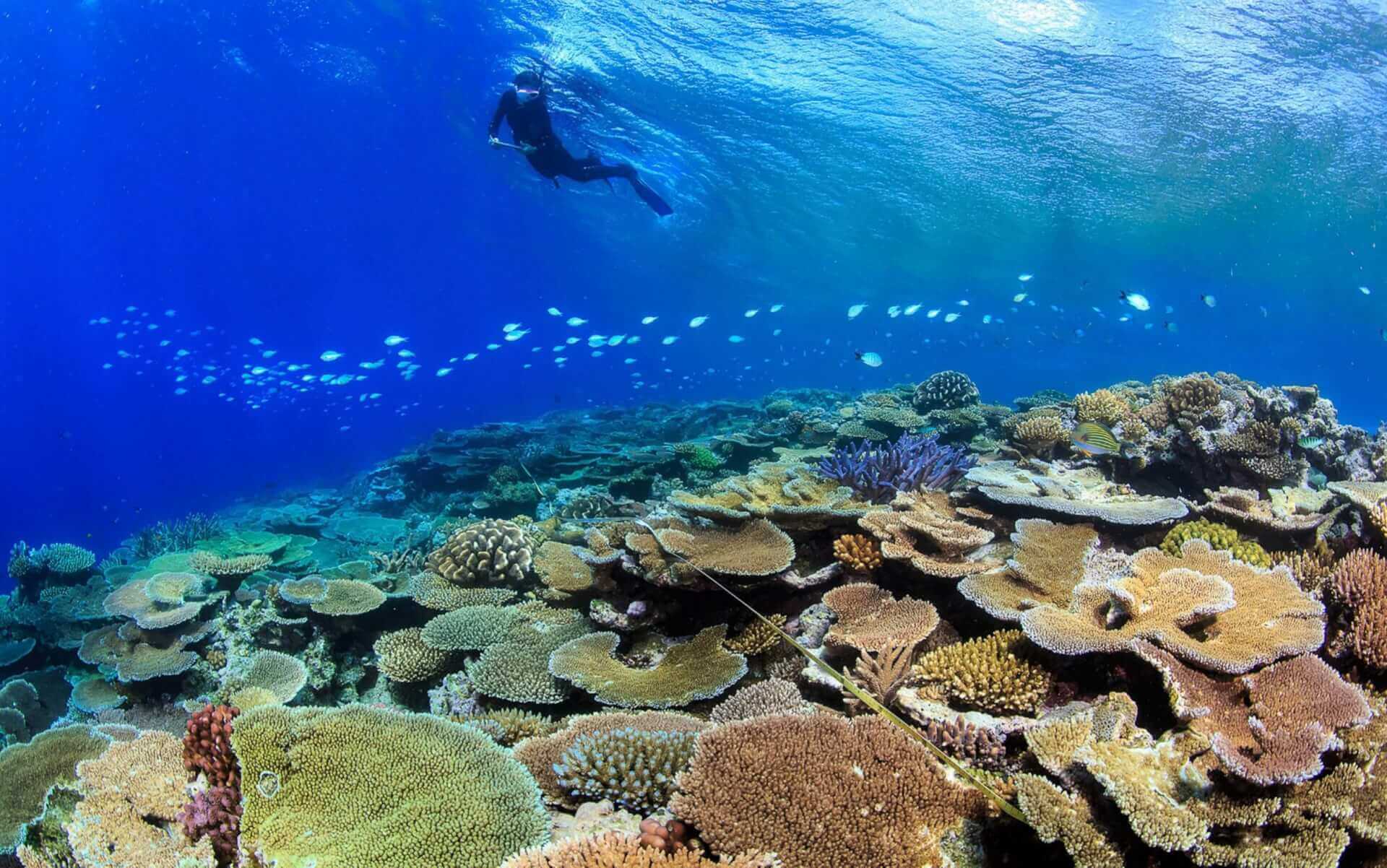The Australian government on Tuesday decided to oppose the United Nations Educational, Scientific, and Cultural Organization (UNESCO) plan to put the Great Barrier Reef on the ‘danger’ list. In its draft report, the Organization suggested downgrading the reef’s World Heritage status due to climate change and the loss of coral.
The suggestion comes against the backdrop of Australia’s hesitance to commit to net-zero emissions by 2050 and its inaction to reduce carbon emissions, as the country remains heavily dependent on coal. Australia’s Environment Minister, Sussan Ley, said the government would oppose the decision after the UN went back on its assurances on the status of the reef before the scheduled World Heritage Committee’s 44th session next month in China.
Ley, in a statement, said, “This sends a poor signal to those nations who are not making the investments in reef protection that we are making.” The minister added that the Organization is inconsiderate of Australia’s billions of dollars in protecting the reef.
The Australian government has hinted at politics and China’s influence behind the decision, as the World Heritage Committee’s decision-making body is chaired by a Chinese official. The government believes it is China’s attempt to ambush Australia as Western leaders amid an enduring trade and diplomatic dispute between the two countries.
However, the Australian NGO Climate Council said the decision “brings shame on the federal government, which is standing by as the reef declines rather than fighting to protect it.” Professor Lesley Hughes, a climate activist and spokesperson for the Climate Council, said, “The Australian government has stewardship of one of the world’s most precious and iconic ecosystems. However, its continued support for fossil fuels and lack of effective climate policy means it is utterly failing to live up to that responsibility.”
Similarly, Richard Leck, the Head of Oceans and Sustainable Development World Wide Fund for Nature (WWF), welcomed UNESCO’s decision and reprimanded the Australian government for not “doing enough” to protect the reef.
Scientists have warned Australia to cut emissions by 75% by 2030 to give coral the best chance of survival. In December, the International Union for Conservation of Nature (IUCN) had listed the reef to be in critical condition while citing climate change as the biggest threat to UNESCO’s World Heritage Sites. In its draft report, the Organization considered the long term outlook for the ecosystem, which has deteriorated from ‘poor’ to ‘very poor’.
Due to the rise in global sea temperatures and bleaching events, the reef has lost half its volume. Bleaching occurs due to rising temperatures, which causes stress to healthy corals, forcing them to release algae and eventually lose their vibrant colours. Three bleaching events in the last five years and the increased frequency of cyclones have significantly damaged the world’s largest marine ecosystem.
Therefore, it is imperative to cut global emissions to protect corals from future bleaching events and allow their restoration. Besides great environmental significance, losing World Heritage status could cost Australia billions from tourism and other investments. The Reef generates revenues of $4 billion a year from tourism.
In 2015, the Australian government lobbied against the Organization’s decision to list the reef under the endangered category. The reef’s ‘in danger’ status threatened Australia’s new coal mines and the attempt to make Queensland a new fossil fuel frontier. The Australian government feels blindsided by the Council’s new draft report and will await the UN body’s recommendation, which will be delivered following a meeting of the World Heritage Committee in China on July 16.
Australia Criticises China-Led UN Panel for Recommendation on Great Barrier Reef
The Australian government has decided to oppose UNESCO’s recommendation on listing the Great Barrier Reef in danger due to its deteriorating condition and the government’s inaction.
June 22, 2021

SOURCE: THE TELEGRAPH
